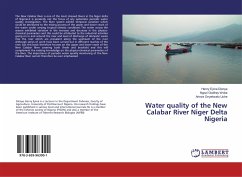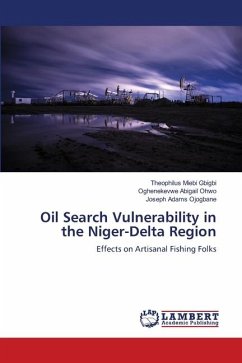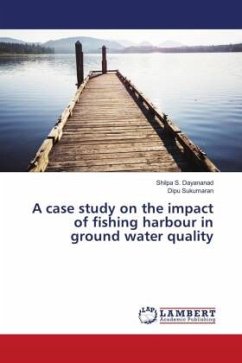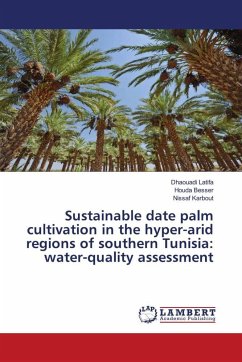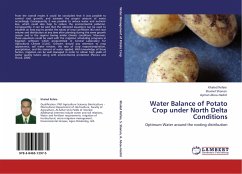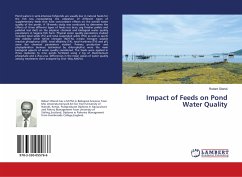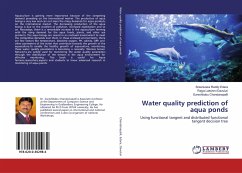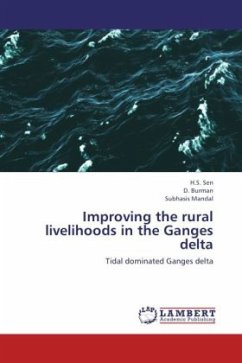The New Calabar River is one of the most stressed Rivers in the Niger delta of Nigeria.it is presently not the focus of any systematic periodic water quality investigation. The River system exhibit temporal variation which could be attributed to the mixing process of the upper and lower reach of the water under varying tropical climatic conditions The water across the season exhibited variation in the increase and decrease in the physico-chemical parameters and this could be attributed to the industrial activities going on in and around the river and level of discharge of domestic waste into the river which are prevalent along the upstream of the river Although series of work have been carried out in different reaches of the river, but this book therefore focuses on the upper and lower reach of the New Calabar River covering both (fresh and brackish) and this will complement the existing knowledge on the physico-chemical parameters of the River. The importance of periodic water quality monitoring of the New Calabar River cannot therefore be over emphasized
Bitte wählen Sie Ihr Anliegen aus.
Rechnungen
Retourenschein anfordern
Bestellstatus
Storno

